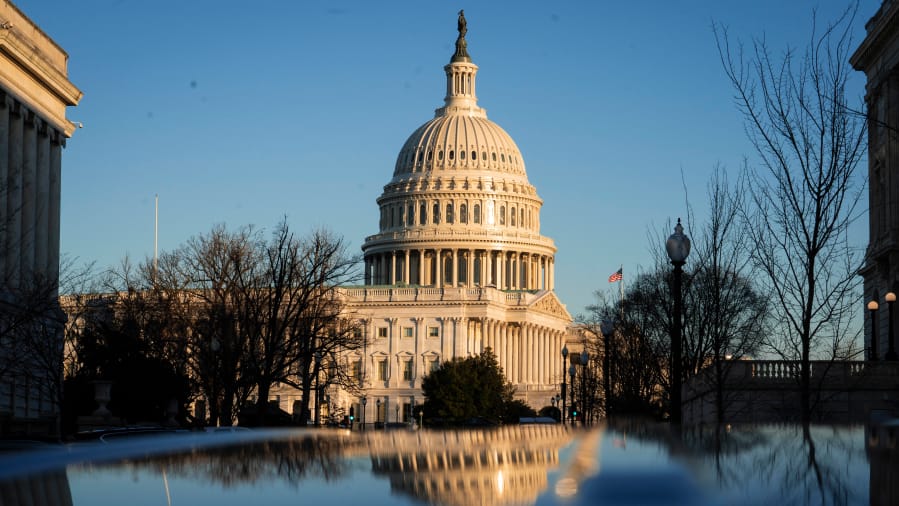Center for Auto Safety Statement on lack of Forced Arbitration Prohibition in proposed AV legislation

Wednesday, July 19, 2023
Contact: Michael Brooks
(202) 328-7700
[email protected]
Center for Auto Safety Statement on lack of Forced Arbitration Prohibition in proposed AV legislation
The Innovation, Data, and Commerce Subcommittee of the House Committee on Energy and Commerce will take up the issue of autonomous vehicles in a July 26th hearing entitled “Self-Driving Vehicle Legislative Framework: Enhancing Safety, Improving Lives and Mobility, and Beating China.” Representatives are considering two legislative proposals at the hearing focused on the federal regulatory framework for regulation of automated vehicles.
One of these proposals, the SELF DRIVE Act, neglects to include any consumer protections that prevent the use of binding arbitration clauses in contracts involving autonomous vehicles. A practice long used by tech and rideshare companies to prevent access to courts by victims, binding arbitration is now being deployed by AV manufacturers in their autonomous rideshare operations. Under the proposed legislative language, victims of AV crashes would lose the opportunity to bring civil claims when crashes occur, and be forced to into secretive and biased arbitration proceedings. These would be funded by AV manufacturers, with few of the opportunities and protections guaranteed to consumers in US courts.
Autonomous vehicles remain unproven and continue to raise safety concerns from residents, emergency departments, and city transportation officials in areas where AVs have been deployed. The last thing Congress should be doing at this moment is loosening the reins on an industry that is long on hype and short on evidence. The industry has not demonstrated that it can provide tangible benefits for Americans, particularly given the safety risks and new sources of congestion that current automated vehicles present. Prohibiting forced arbitration ensures that a backstop remains in place for consumers to have access to justice, and to incentivize the AV industry to take greater care in deploying automated technology.
###
For more on autonomous vehicle safety, browse (or listen!) to the Center’s Consumer AV Bill of Rights, check out the AV Tenets, listen to our podcast, and subscribe to the Center’s newsletter for weekly updates.






